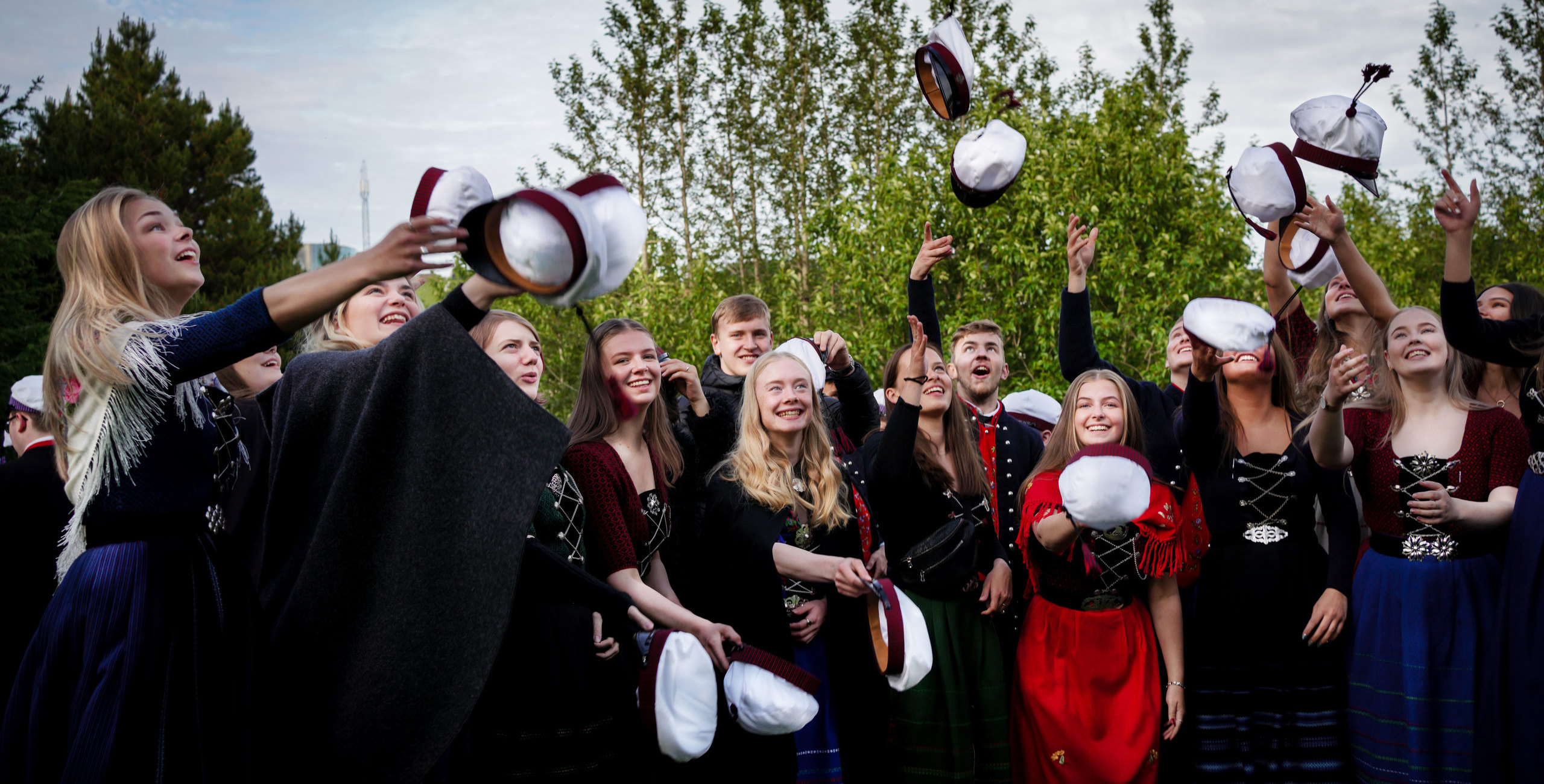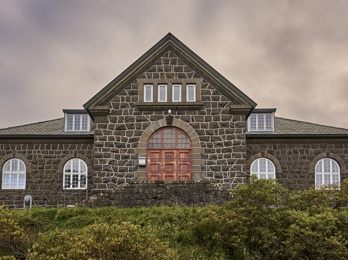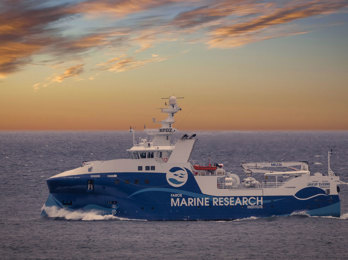
High standards of education and research are vital for building a sustainable future, ensuring continued economic growth and welfare for all. By Nordic and international standards, Faroe Islanders are well educated and highly skilled, with a flexible and global outlook.
Many Faroe Islanders choose to pursue higher education overseas, mostly in the Nordic countries. The Government provides student grants for higher education in non-Nordic countries. At the same time, more young people are also choosing to stay at home to study. The University of the Faroe Islands is expanding its range of courses as well as its international network of collaboration with other universities in the broader European and North Atlantic area.
Other institutions offer a range of technical and vocational training, including the Centre of Maritime Studies and Engineering, which provides high international standard qualifications.
Mobility in higher education and research allows a small population to maintain a broad perspective on developments in a globalised world. Mobility works both ways, and the Faroe Islands are encouraging more educational and research exchange, in order to provide opportunities for students and researchers from abroad to spend time in the Faroe Islands, sharing their knowledge while also learning from Faroese experiences.
Over the last 20 years, the research and innovation sector in the Faroe Islands has strengthened significantly, especially in the fields of climate, ocean and health. This is the result of national priorities and international funding opportunities. The focus on research is increasing, with a new strategic policy council and a restructuring of the competitive funds for research and development.



International Courses in Faroese
The University of the Faroe Islands organises a regular International Summer Institute on the Faroese Language. The course involves an intensive four-week course in Faroese, with lectures and excursions also providing an insight into other aspects of contemporary Faroese culture, society and history. Advice is offered on accommodation for the course and travel grants are available.
Summer Academy on the Continental Shelf
The University of the Faroe Islands organises international workshops and courses exploring legal and technical aspects related to the establishment of continental shelf boundaries. Courses are tutored by international experts, and funding is available for participants from developing countries.
The Faroe Islands have participated as an associated country in European research cooperation since 2010. Faroese association to the EU’s Framework programmes gives researchers, research institutes
and enterprises full access to European funding and collaborative activities on an equal footing with EU Member States and other associated countries.
As part of this, the EURAXESS Faroe Islands service provides on-line information and practical assistance for researchers moving to and from the Faroe Islands. The National Contact Point Service and the EURAXESS service are based at the Research Council Faroe Islands